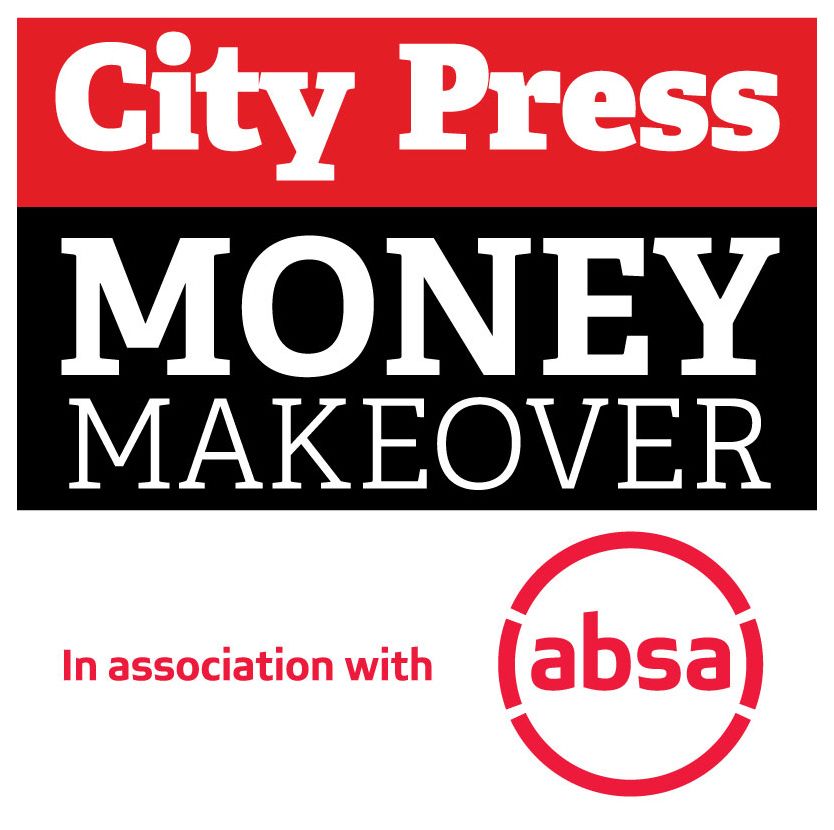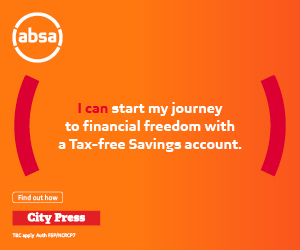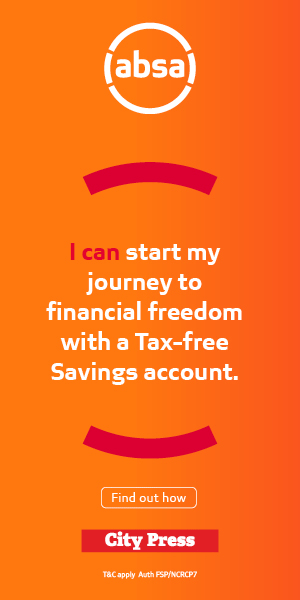IS YOUR DREAM CAR A FINANCIAL NIGHTMARE?
A common mistake among many of our Money Makeover candidates over the years has been taking on significant car debt. This affects their ability to invest in wealth-building assets, writes Maya Fisher-French

Stephan Lombard, senior legal and advisory specialist at Absa, explains that a travel allowance is not necessarily a reason to buy a more expensive car, as it does not make up for vehicle instalments plus business expenses.
“The question you always need to ask is whether you can afford the vehicle on your normal budget without taking the allowance into account. If, for some reason, you change employment but the new job is office-bound – with no travel allowance – can you still afford the instalments on the vehicle?”
Control environmental officer Nocawe and her husband entered the Money Makeover Challenge with significant car debt. While the couple can meet the repayment, they realise that this is money that could rather go towards building true wealth. They have two luxury cars that they drive for work as well as a Renault, which they use as a run-around to limit mileage on their other cars.
These three cars cost them a total of R19 000 a month in repayments. They will be using the surplus funds they have once they have paid off their personal loan to settle the car debt within the next two years – saving on interest and allowing them to then focus on building wealth.
As Nocawe’s Mercedes is relatively new, it is expected to last her another 10 years. This means she will be driving a paid-off car for at least seven years, saving her R7 200 per month.
What to do when you cannot afford the repayments
While Nocawe and her husband can meet the repayments, car finance is unsustainable for many South Africans. In this case, one may need to consider trading out of the car.
Henry Botha, head of strategy and business analytics at Absa Vehicle and Asset Finance, says that, whether you are buying or selling a car, you need to run the numbers.
In most cases, the cars are worth less than the amount outstanding on the car finance – primarily due to the balloon payments. This means you would have to pay in the difference to settle the outstanding finance. Botha recommends that you consider a personal loan rather than shortfall finance should you decide to trade out any of the cars.
“If you opt for settlement finance, this could have an impact on your credit profile, as it would show you needed to come to an arrangement with the bank to pay off the shortfall. It would be preferable to consider a personal loan in this case.”
While it may not sound logical to sell a car and be left with a personal loan, Botha says that, once you run the numbers over a five-year period, it becomes clear whether it makes sense.
How to run the numbers
You need to consider not only your monthly cash flow, but the impact on your assets and liabilities (your balance sheet, or net worth).
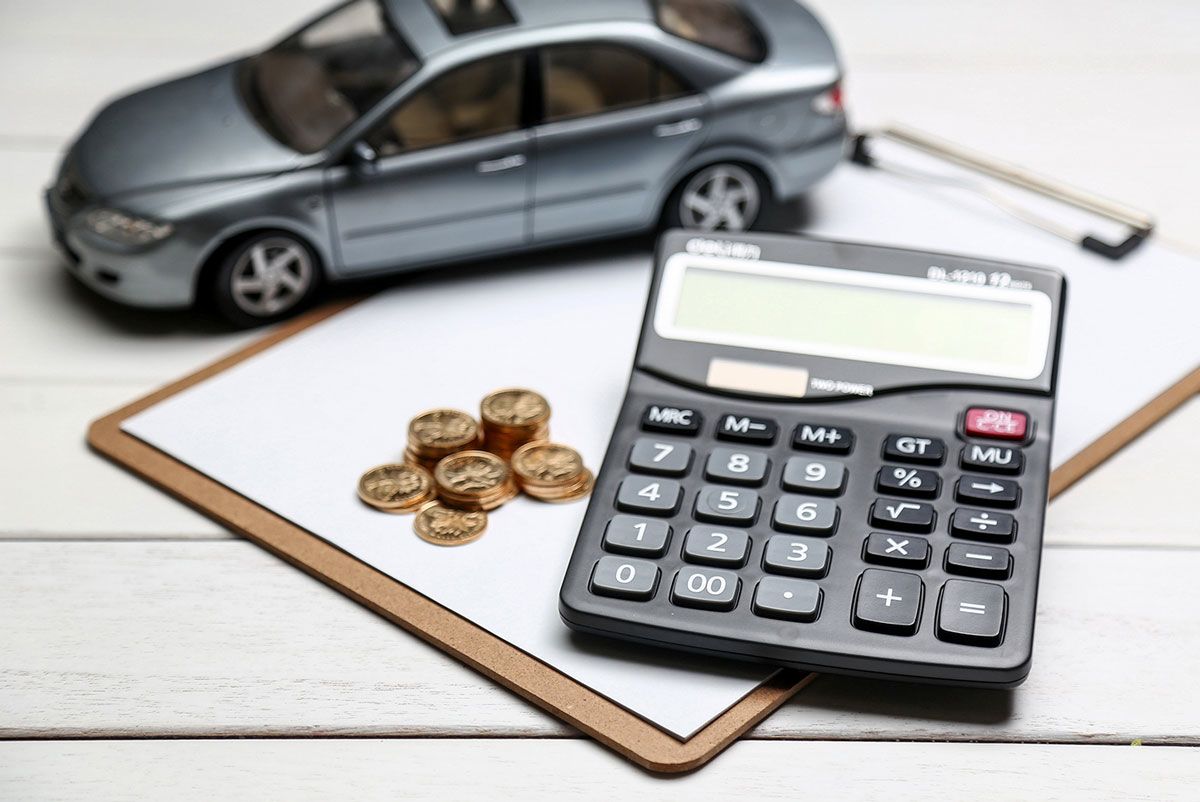
Money spent on car finance has a negative impact on your net worth, as cars are depreciating assets. Car finance increases your liabilities (debt) and decreases the money available to build assets (investments).
The same spreadsheet should be used when considering buying a car – what is the impact on your current finance as well as your long-term investments?
Cash flow impact: How does keeping the car compare with repayments on the shortfall loan?
- Current car finance instalment (including repayment of the balloon payment)
- Insurance
- Fuel – this would be significantly higher for a high-performance car
- Tyres, maintenance, licensing – even with a motor plan, there are additional running costs. Botha says that, for mileage of 20 000km a year, you should estimate R10 000 to R15 000.
You can compare this to either selling the car or trading it in for a less expensive model, but then running the figures on the new car.
Balance sheet: what happens to your financial situation over five years?
In the case of a decision to buy a car, look at the opportunity cost of not investing that money. What if you selected a less expensive vehicle and invested the difference?
If you are selling out of your car, how soon would you be able to pay off the shortfall loan and start investing?
What the numbers showed…
As an example, we ran the figures for Nocawe: should she and her husband have sold his Audi and paid off the shortfall over two years, she would have saved R247 000 over a five-year period.
CAR MYTHS
1. I NEED TO SELL MY CAR WHEN THE MOTOR PLAN RUNS OUT:
The cost of a motor plan is added to the price of a new car – it is not free. If you want certainty, you can purchase an extended motor plan. New right to repair legislation allows cars to be serviced by non-franchised service centres and still maintain their warranty. This can substantially cut the cost of services, repairs and maintenance of your car.
2. A TRAVEL ALLOWANCE PAYS FOR MY CAR:
A travel allowance covers the fuel and maintenance of using your personal car for work, but not the finance cost. You need to consider the impact on your monthly budget when buying a car, as a car allowance should be tax neutral.
Lombard explains that if your allowance is, for example, R60 000 a year, you will pay tax on 80% of the allowance. Therefore, an amount of R48 000 is taxable at your tax rate. You will, however, be able to recoup the tax during assessment if your kilometres match that used to structure the allowance. Should you drive less business mileage than estimated, you may pay additional tax in certain instances. You may then be taxed on the 20% that was previously not taxable.
This is a risk many employees with car allowances may face in this year’s tax return, as the lockdown meant they travelled less for work.
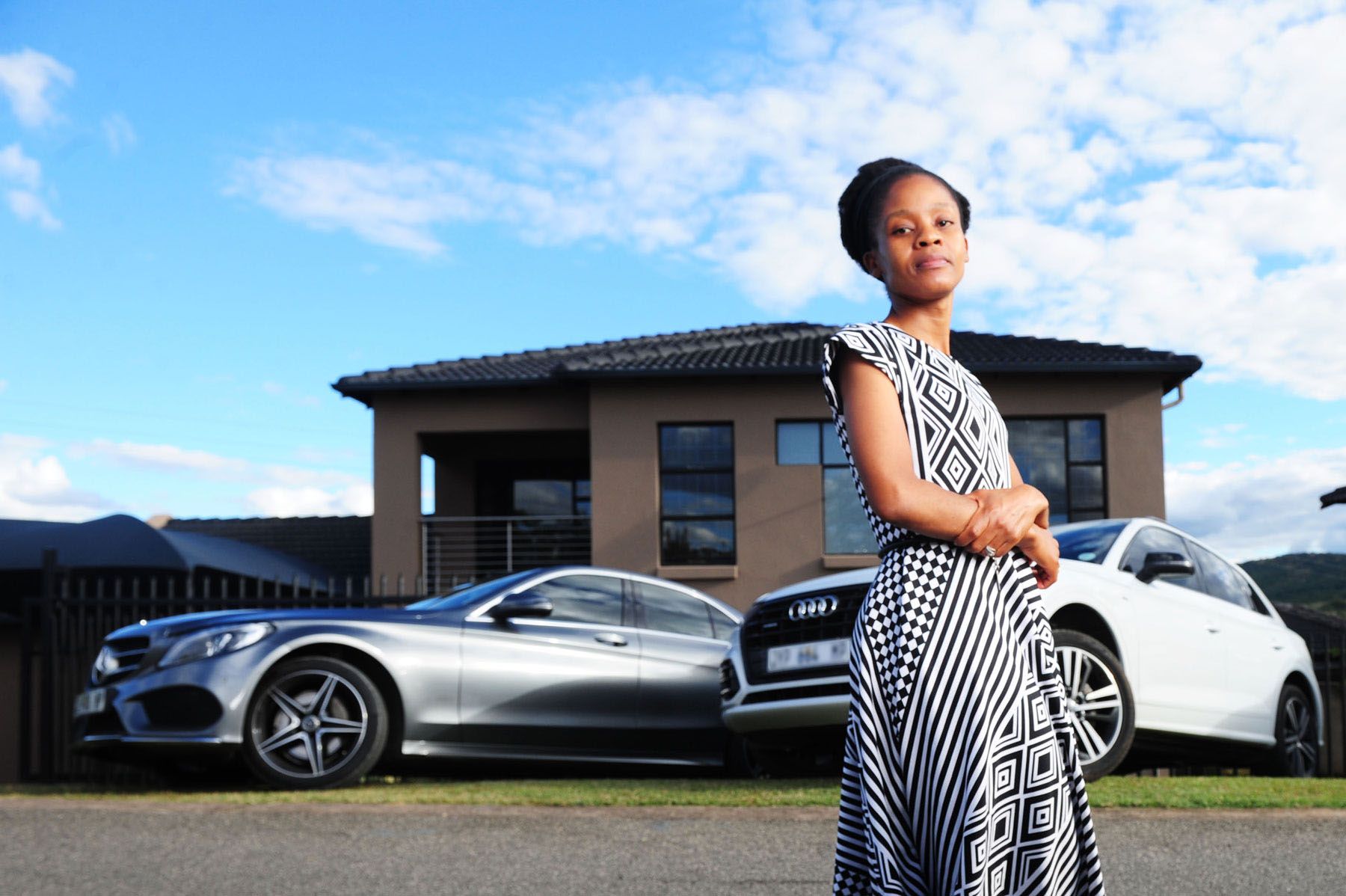
PAY OFF YOUR BALLOON PAYMENT
Both Nocawe and complaints investigator Audrey have balloon payments on their cars. Botha says you have two ways to settle this. Either you save in a separate account, so the money is available when the balloon payment becomes due, or you pay additional funds in to your car finance. Botha says that, as the deposit rate on savings is much lower than the financing costs on your car, it makes more sense to arrange to pay extra in to your car finance – whether that is monthly or when you have extra cash such as a bonus.
Any additional payments automatically reduce the amount of debt and therefore the interest bill – this then reduces the time it will take to pay off the car finance. If, however, you want certainty about when your car will be paid off, once you have accumulated a few thousand rand in prepayments, contact the bank to inform them that you want to reduce the term of the financing.
Some car finance houses, such as Absa, allow you to specifically apply the additional funds to settle your balloon payment. However, not all finance houses provide for that and the principal debt will be settled first, and then the pre-payments will be allocated to the balloon payment.
CAR TIPS:
- It is better to accumulate kilometres on the car that is cheaper to maintain with petrol and services. Your travel allowance is affected by the kilometres you drive more than the value of the car.
- If you delay buying a car by just six months and save the amount you would be paying on instalments, you will have a large enough deposit to have the same repayments without a balloon payment.
In this recorded Money Makeover Facebook live discussion, Maya Fisher-French chats to Fulufhelo Mandane, Head of Dealer Relationship at Absa Vehicle and Asset Finance.
You can follow the story on social media #CPMoneyMakeover

Facebook: @CPMoneyMakeover

Twitter: @CPMoneyMakeover
Subscribe below for the Money Makeover Newsletter
